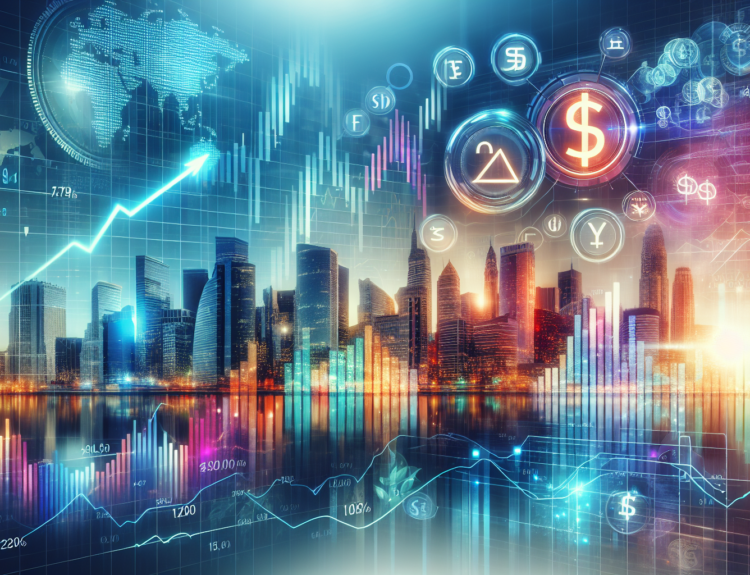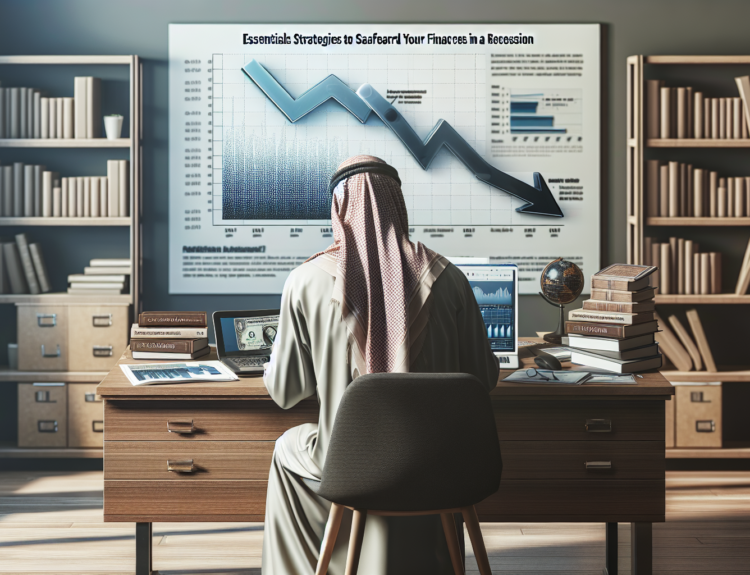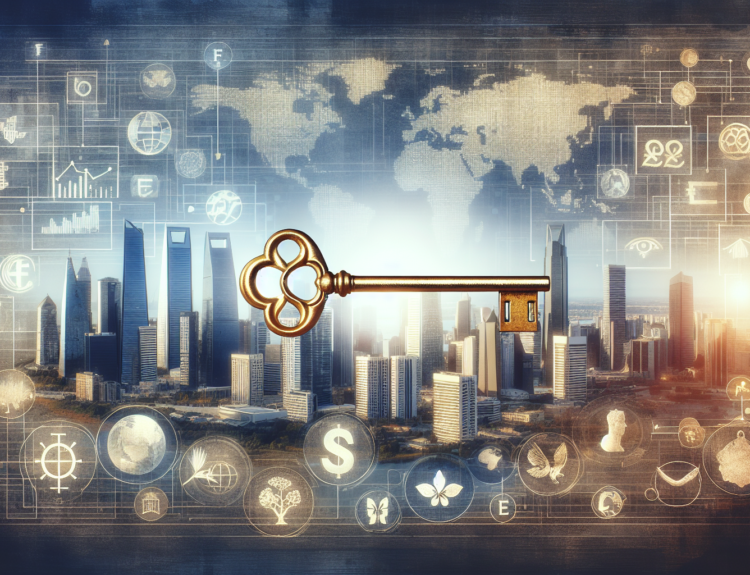Understanding Consumer Behavior Changes and Their Impact on the Economy
In today’s rapidly evolving marketplace, understanding consumer behavior changes is essential for businesses and policymakers alike. The shifts in how consumers make purchasing decisions can significantly influence economic growth, inflation rates, and overall market trends. This blog will explore key factors driving changes in consumer behavior, backed by statistics and specific examples, while also examining the broader implications for the economy.
The Factors Driving Consumer Behavior Changes
1. Digital Transformation
The rise of digital technology has transformed how consumers interact with brands. According to recent data from the Pew Research Center, over 85% of adults in the U.S. shop online at least once a month. This shift towards e-commerce has forced brick-and-mortar stores to adapt or risk falling behind. For instance, Walmart has heavily invested in its online presence to compete with giants like Amazon, leading to a resurgence in sales and market share.
2. Post-Pandemic Adjustments
The COVID-19 pandemic has resulted in long-lasting changes in consumer behavior. A survey conducted by McKinsey & Company showed that 65% of consumers have changed their shopping habits due to the pandemic. Many have embraced contactless payments and home delivery services, leading to a surge in demand for convenience-oriented products and services. This has reshaped businesses’ strategies, as they now prioritize online offerings and adaptable supply chains.
3. Economic Uncertainty
Economic conditions also heavily influence consumer purchasing behaviors. During times of uncertainty, such as in a recession, consumers tend to become more cautious with their expenditures. According to the Bureau of Economic Analysis, U.S. consumer spending dropped by 7.2% in April 2020, the largest decline since the Great Depression. Conversely, in times of growth, spending behaviors shift towards luxury items and experiences, as seen in the recent surge in travel and leisure spending as restrictions eased.
Implications for the Economy
1. Impact on Retail and Services
Changes in consumer behavior can lead to significant shifts in retail and service industries. The move towards online shopping has accelerated the decline of traditional retail, with over 12,000 stores closing in the U.S. in 2020 alone, according to Coresight Research. This, in turn, affects employment rates and economic activity in local communities.
2. Inflation and Pricing Strategies
As consumer preferences shift, prices may also fluctuate based on demand. According to the Consumer Price Index (CPI), inflation rates have risen, with consumer goods prices increasing nearly 5% from previous year levels. As companies recalibrate their pricing strategies to meet changing consumer expectations—whether maintaining prices for value or raising them to account for increased demand—the economy may experience fluctuations in inflation.
3. Investment in Technology and Innovation
To accommodate new consumer behavior, businesses must invest in technology and innovation. A report by Gartner indicated that companies are expected to spend $4.1 trillion on digital transformation initiatives in 2021. This investment fuels economic growth, creating jobs in tech sectors, enhancing customer experience, and diversifying service offerings.
Conclusion
The ongoing changes in consumer behavior carry profound implications for the economy. Businesses that adapt quickly to these shifts can maintain competitiveness and foster economic growth, while those that fail to recognize these trends may struggle to survive. Understanding consumer preferences not only helps companies optimize their strategies but also aids policymakers in crafting regulations that support healthy economic conditions.
By delving into the multifaceted aspects of consumer behavior changes, we're better equipped to anticipate and respond to the evolving landscape of our economy. What trends have you noticed in your purchasing behaviors? Share your thoughts in the comments below!
Tags:
- Consumer Behavior
- Economic Trends
- Digital Transformation
- Retail Industry
- Economic Growth
Categories:
- Economics
- Business Strategies
- Market Trends
Call to Action (CTA):
Stay updated with the latest insights on consumer behavior and its economic implications by subscribing to our blog today!



